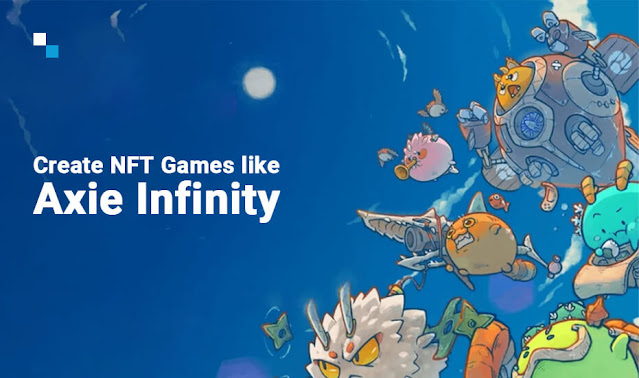How NFT token development is Changing the Web3 Landscape

Non-fungible tokens (NFTs) are digital assets that are unique and cannot be replaced by another token. With NFT token development gaining the spotlight across major industries, it has become the buzzword across the Web3 space as well. Importance of NFTs in Web3 Space In the dynamic realm of Web3, Non-Fungible Tokens (NFTs) have emerged as a transformative force, reshaping the very foundations of digital ownership and creativity. As a digital agency focused on blockchain technologies like NFTs, you're poised to harness their potential for your clients. NFTs introduce a novel concept: unique digital assets secured by blockchain technology, enabling provenance and scarcity in the digital domain. Businesses that embrace NFTs stand to tap into a burgeoning market, offering unique, provably scarce digital experiences while exploring innovative marketing strategies in the Web3 landscape. Real-life example of leveraging NFTs in Web3 Here are some specific examples of how NFTs are being u...


